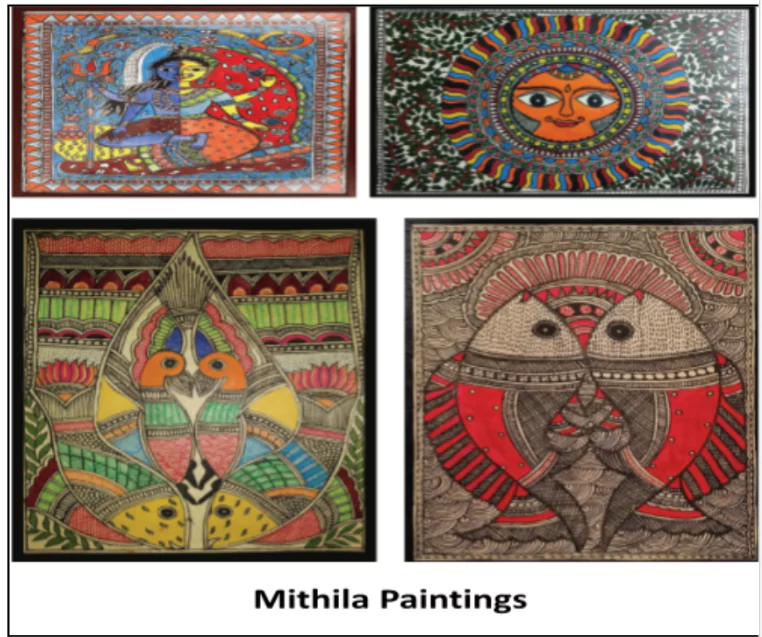![]() April 12, 2024
April 12, 2024
![]() 2413
2413
![]() 0
0
Folk paintings in India reflect the vibrant cultural tapestry of the country’s diverse regions. Rooted in ancient traditions, these paintings embody local customs, beliefs, and narratives, passed down through generations.
 Features:
Features:
|
Must Read |
|
| Current Affairs | Editorial Analysis |
| Upsc Notes | Upsc Blogs |
| NCERT Notes | Free Main Answer Writing |
<div class="new-fform">
</div>

Latest Comments